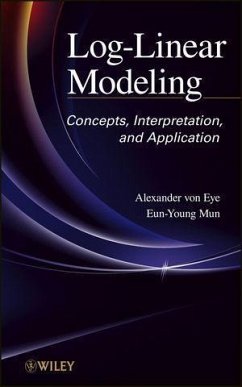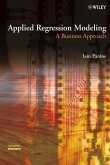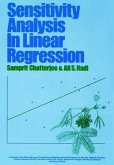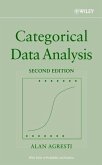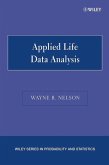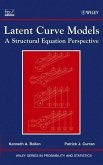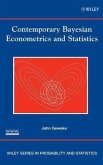An easily accessible introduction to log-linear modeling fornon-statisticians Highlighting advances that have lent to the topic's distinct,coherent methodology over the past decade, Log-Linear Modeling:Concepts, Interpretation, and Application provides anessential, introductory treatment of the subject, featuring manynew and advanced log-linear methods, models, and applications. The book begins with basic coverage of categorical data, andgoes on to describe the basics of hierarchical log-linear models aswell as decomposing effects in cross-classifications andgoodness-of-fit tests. Additional topics include: * The generalized linear model (GLM) along with popular methodsof coding such as effect coding and dummy coding * Parameter interpretation and how to ensure that the parametersreflect the hypotheses being studied * Symmetry, rater agreement, homogeneity of association, logisticregression, and reduced designs models Throughout the book, real-world data illustrate the applicationof models and understanding of the related results. In addition,each chapter utilizes R, SYSTAT®, and §¿EM software,providing readers with an understanding of these programs in thecontext of hierarchical log-linear modeling. Log-Linear Modeling is an excellent book for courses oncategorical data analysis at the upper-undergraduate and graduatelevels. It also serves as an excellent reference for appliedresearchers in virtually any area of study, from medicine andstatistics to the social sciences, who analyze empirical data intheir everyday work.
Dieser Download kann aus rechtlichen Gründen nur mit Rechnungsadresse in A, B, BG, CY, CZ, D, DK, EW, E, FIN, F, GR, HR, H, IRL, I, LT, L, LR, M, NL, PL, P, R, S, SLO, SK ausgeliefert werden.

